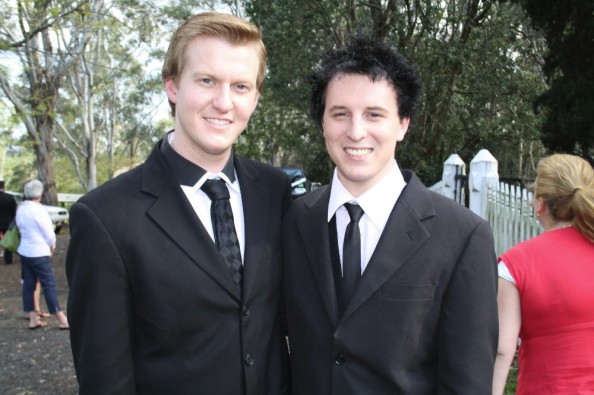- Joined
- Jul 6, 2005
- Posts
- 41,664
- Reaction score
- 9
- Points
- 0
- Location
- Home is where the heart is
- Website
- www.myspace.com
If one is trying not to see the point taught, it is easy. Although chapter or verse markings are not in any of the original texts, of which none survive, the narrative surrounding the excerpt about "hating" family should not be ignored. It was grouped together for a reason.
In the preceding teaching, the Lord healed a man on the Sabbath, violating Jewish law of the day. That didn't seem hateful.
Next, he taught to be humble when taking a seat at a banquet, and not to assume honors, letting them be granted you or not.
Then, before the teaching about "hate," he counseled his followers and others not to throw dinner parties for friends and family, as it was not helping anything but just setting up a social favor in return. He was more concerned with the poor and disabled who were hungry.
Finally the Teacher gives an example of guests invited to a banquet, but all made excuses, which sounded legitimate enough. A couple of them were wrapped up in business deals and a third was a honeymooner. Seemed reasonable. But, the teaching then follows that half-hearted devotion isn't going to be enough.
Disciples are told that they must hate their families if they were to take on the tough thing, following the new way. The one teaching used the same word that the writers of Genesis used to describe Jacob and his comparative preference against Leah because she was childless. Unloved is a better word in its effect.
Jesus was gathering up followers who would have to endure both Jewish and Roman persecution, so anyone who was more concerned that he would miss his kid's birthday party would not be made of the sterner stuff that would be required to meet the challenge of the day. To make it an eternal teaching is to misapply it.
And, if one is examining Jesus to see if he taught hate, how did he regard others, including his family? He obeys his mother in various passages, but has to turn her and his siblings away when they come for him to stop his teachings. It wasn't hate, but he did practice what he preached.
Many of us have had to separate ourselves from our own families because the path we chose was not possible if our families were to hold us back. We have not preferred them over the life we chose, but that is not the same as hate in the bitter use implied by some.
Is it not true that many times Olympic athletes have to hate everything else, including some family members, in order to focus on the most important thing in their lives? We praise single-mindedness when it comes to artists, but it becomes a thing of scorn when we apply it to a man who did not teach violence or war.
And as for hating one's own life, it is a real hindrance when fear keeps one from answering the door, talking to strangers, or giving a ride to a hitcher. If one is so afraid, he is much less likely to be on the front lines in a world that needs a helper.
Go figure.
Accept Jesus as King or die.
"But those mine enemies, which would not that I should reign over them, bring hither, and slay them before me." (Luke 19:27)
And...
Mark 11:12-14 and 11:20-25
The next day as they were leaving Bethany, Jesus was hungry. Seeing in the distance a fig tree in leaf, he went to find out if it had any fruit. When he reached it, he found nothing but leaves, because it was not the season for figs. Then he said to the tree, “May no one ever eat fruit from you again.” And his disciples heard him say it.
...
In the morning, as they went along, they saw the fig tree withered from the roots. Peter remembered and said to Jesus, “Rabbi, look! The fig tree you cursed has withered!”

Once is happenstance, twice is coincidence, but thrice seems to be habbit.





